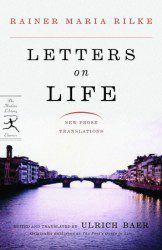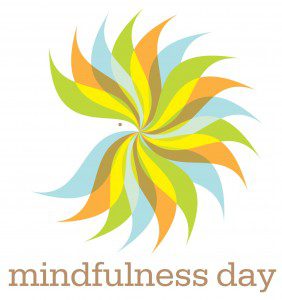 The past two weeks have seen the Republican and Democratic National Conventions. On purpose, I did not consume much of these. I don’t like to be lied to and I don’t like to have my sense of hope provoked (in a way that I know will lead to disappointment). The onset of the Fall season (we already have leaves on the ground here) and the election mark a time of transition.
The past two weeks have seen the Republican and Democratic National Conventions. On purpose, I did not consume much of these. I don’t like to be lied to and I don’t like to have my sense of hope provoked (in a way that I know will lead to disappointment). The onset of the Fall season (we already have leaves on the ground here) and the election mark a time of transition.
Today, I am contemplating this question: How can we live in a world of violence, lies, and stupidity without becoming cynical, numb, or radicalized? For me, mindfulness has to be part of the answer to that question.
I take heart in the counterintuitive finding from Steven Pinker that the world is actually becoming less violent. It seems more violent because we have access to so much information. However, our political system is broken, so it’s easy to feel disempowered, disenfranchised, and disillusioned.
I don’t know what to do about that. To start, I try not to make the situation worse. I’m working out my own salvation–trying to live in the world without contributing more greed, hatred, and ignorance. Mindfulness, of course, is central to these efforts. I have to be self-aware in order to know how my actions affect me and those around me.
Stupidity is frustrating. The general public’s lack of scientific literacy and epistemological sophistication is disheartening to me. Why, for instance, does not governance ground itself in fact rather than rhetoric, and polemics at that? Why do we eschew reason for political fervor that is detached from reality? I don’t know all the answers to this. We are just not particularly logical creatures for the most part.
Here again, mindfulness might help by increasing self-awareness and highlighting the connection between beliefs and actions. It might help us to see where we are being swayed by an emotional argument rather than a factual one.
Unfortunately, human beings are relatively immune to facts. We respond to stories. If someone has a compelling story, we are likely to respond. This is what happened at the political conventions. Candidates and their supporters told compelling stories, trying to sway your emotions. They used facts or distorted facts to serve the narrative.
I think it is easy for thoughtful people to become cynical in today’s political and economic climate. I think its also just as easy to become numb–to just shut down from the onslaught of information, bad news, and hype that we are exposed to 24/7. Many choose to become radicalized with some group identification. This is particularly dangerous in the Middle East and elsewhere and also not without danger here at home when people become radicalized in a religious or political viewpoint, especially ones that demonizes others.
What would the Buddha think of all this? He had a different notion of being radicalized. It was not about a label of group membership but a radically different way of being in the world with mindfulness at its core. Waking up out of the lies is a radical act–a revolutionary act–that requires courage, effort, and as Rilke pointed out yesterday--patience.
Mindfulness helps us to make contact with what is going on around us and to set aside the reflexive tendency to believe or disbelieve what we see and hear. Instead, we can exchange the habit of judgment for the habit of observation. While we do this, we don’t have to identify so strongly with what we observe. This can give us some perspective on things.
The world may seem like it is coming apart the seams and this moment can be fine as it is. The more we come back to now the more we can find a place in the world that is neither cynical, numb, or radicalized.

